A televised message from Queen is rare occurrence which reflects national crisis
There have been three previous speeches broadcast during times of trouble.

The Queen’s televised address to the nation amid the coronavirus pandemic is only the fourth of her 68-year-reign during times of national crisis and grief.
While she broadcasts a recorded message each year on Christmas Day, special addresses from the monarch in troubled periods are rare.
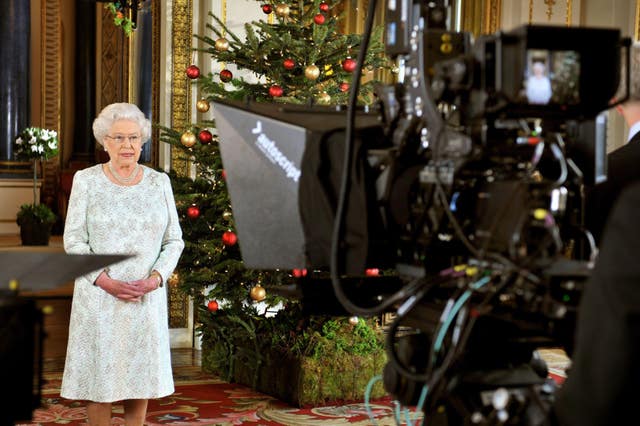
Amid celebratory times, the Queen made a televised address to mark her Diamond Jubilee in 2012.
Her latest speech reflects that the nation “may have more still to endure”, but also shows optimism with the words “we will overcome it”.
– The Queen Mother’s death
Eighteen years ago on the eve of her mother’s funeral, the Queen thanked the country for their support and the “love and honour” shown to the Queen Mother.
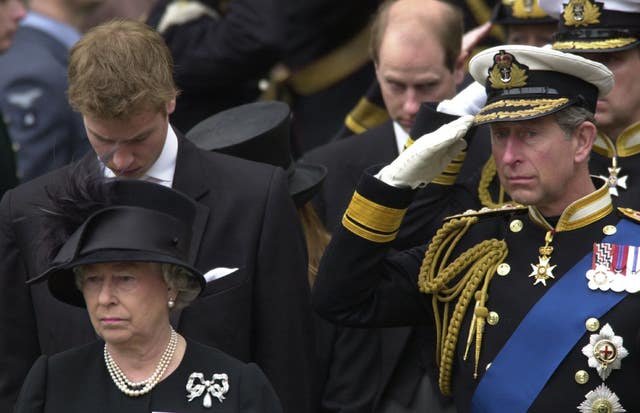
“She had an infectious zest for living, and this remained with her until the very end.”
– Diana, Princess of Wales’s death
The Queen also spoke to the nation in 1997 on the eve of the funeral for Diana, Princess of Wales.
Diana’s sudden death in a Paris car crash triggered one of the monarchy’s worst crises in modern history.
When the Queen initially remained at Balmoral to comfort her grandsons Princes William and Harry, the newspaper headlines screamed: “Show us you care” and “Where is our Queen? and “Where is her flag?”.
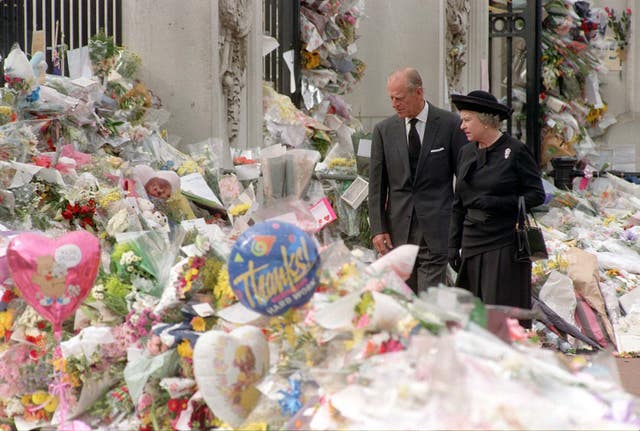
A rare palace statement was released telling of the royal family’s hurt at suggestions they were untouched by the tragedy.
The Queen had been due to pre-record her message, but in an unprecedented move for a royal broadcast of this kind, it was decided she should deliver it live.
Royal author Robert Lacey wrote of how it was a high-risk strategy, but an aide told him: “It was a psychological thing. (The Queen) goes flat when she know’s it being recorded. When she knows it’s real, she rises to the challenge.”
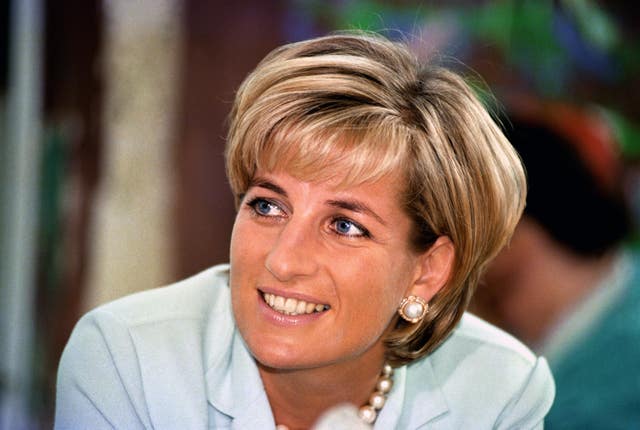
She paid tribute to Diana as “an exceptional and gifted human being”, adding: “In good times and bad, she never lost her capacity to smile and laugh, nor to inspire others with her warmth and kindness.”
– The Gulf War
In February 1991, the Queen recorded a brief televised address to the nation during the Gulf War.
It came as the allied land offensive began against Iraqi forces occupying Kuwait.
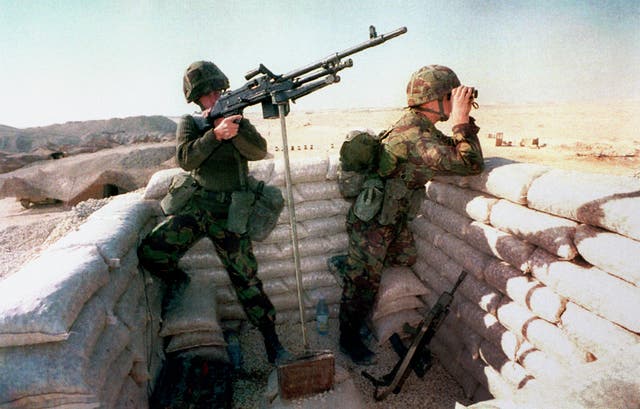
She expressed her hopes for a “just and lasting peace”.
– Experienced broadcaster
The Queen is highly experienced at public speaking and records her Christmas message in just one take, reading her script from a monitor.
But her message during the coronavirus pandemic had the added technical challenge of taking place while the UK is in lockdown.
The Queen, 93, has left London and is staying with the 98-year-old Duke of Edinburgh with a reduced household at Windsor Castle for their safety.
– Diamond Jubilee address
The monarch also made a televised address when she thanked the nation for the festivities commemorating her Diamond Jubilee, describing it as “a humbling experience”.
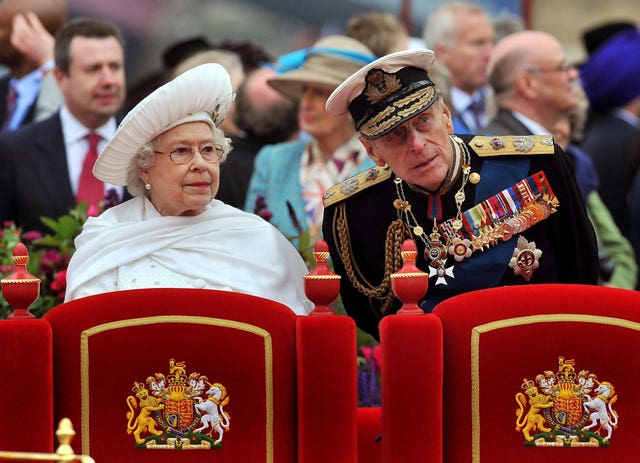
– Cold War preparations
In 1983, Whitehall officials drew up a script for the Queen to read during the Cold War if Britain faced annihilation at the hands of a nuclear-armed Soviet Union.
Records released under the 30-year-old rule showed the monarch, in the event of World War Three, would have urged her “brave country” to stand firm as it faced up to the “madness of war”, but the speech was never recorded.





